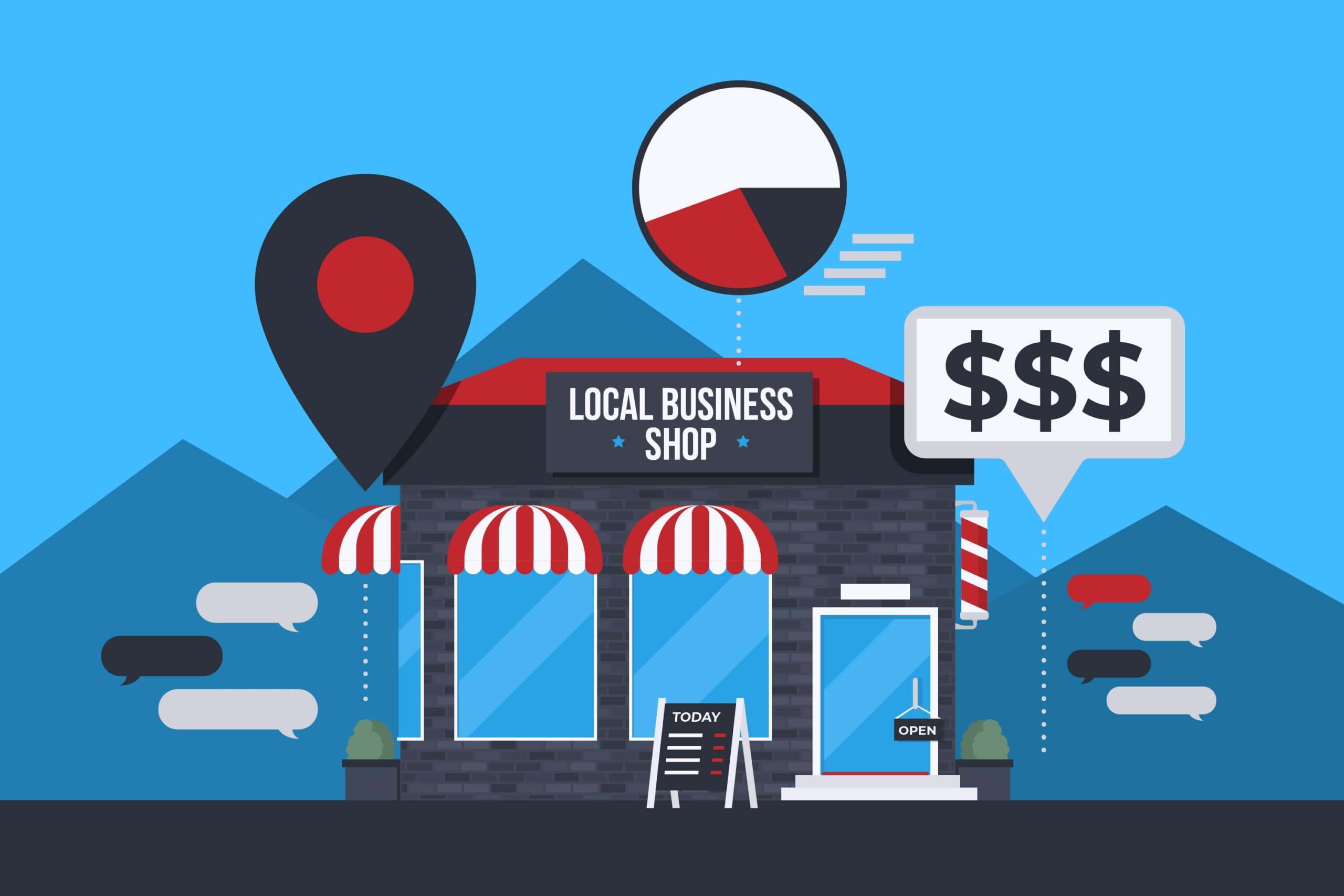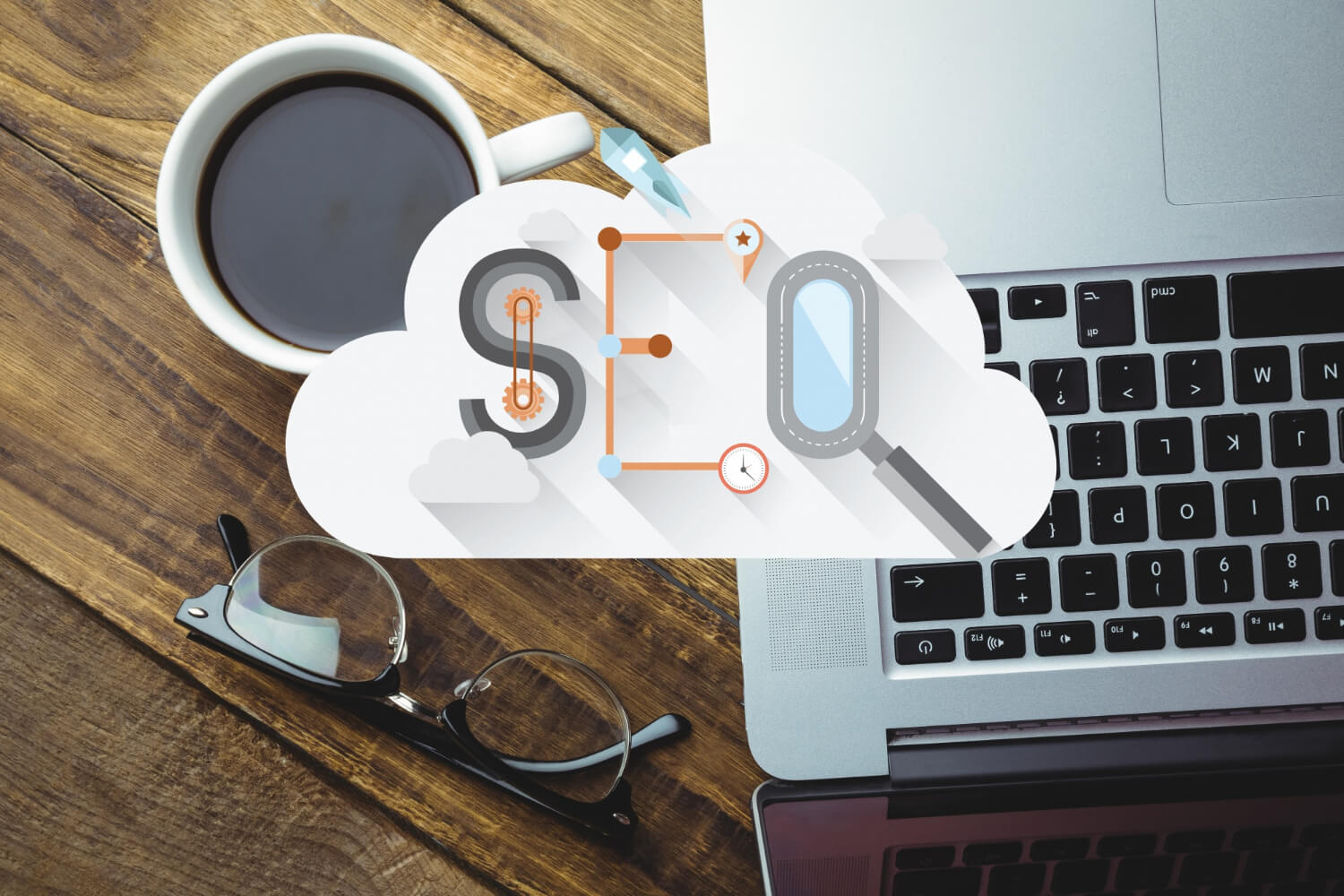Introduction
In today’s fast-paced digital landscape, businesses no longer have the luxury of running manual campaigns and hoping for results. The rise of marketing automation tools has transformed the way brands attract, nurture, and convert leads into loyal customers. From streamlining repetitive tasks to delivering personalized experiences at scale, automation is no longer a luxury—it’s a necessity.
But with hundreds of platforms available, how do you choose the right marketing automation tool for your business in 2025? This guide breaks down the essentials, helping you make an informed, future-proof decision. According to Gartner’s Marketing Automation Platforms Report, businesses that adopt automation see significant increases in efficiency and ROI.
What Is a Marketing Automation Tool?
A marketing automation tool is software that allows businesses to automate repetitive marketing tasks such as email campaigns, social media posting, lead nurturing, and customer segmentation. Beyond efficiency, these platforms provide data-driven insights that enable businesses to deliver the right message, to the right person, at the right time.
In 2025, the best tools also integrate artificial intelligence (AI), predictive analytics, and cross-channel capabilities to maximize impact. As Salesforce’s State of Marketing Report highlights, 76% of marketers already use automation to improve customer journeys.
Why Businesses Need Marketing Automation in 2025
The digital marketplace is noisier than ever. Consumers expect hyper-personalized interactions and instant responses. Without automation, meeting these expectations is nearly impossible.
Here’s why marketing automation is critical in 2025:
Time Savings: Automates repetitive tasks, freeing up teams for strategic work.
Personalization at Scale: Sends tailored content based on behavior, preferences, and purchase history.
Higher ROI: Focuses resources on high-value prospects most likely to convert.
Data-Driven Decisions: Provides analytics to measure, refine, and optimize campaigns.
Omnichannel Engagement: Ensures consistent messaging across email, social, SMS, and web.
In short, automation allows businesses to stay competitive in a fast-moving, customer-centric world.
Key Features to Look For in a Marketing Automation Tool
Not every tool is created equal. To find the best fit, evaluate platforms against the following features:
1. Ease of Use: Look for intuitive dashboards and drag-and-drop campaign builders.
2. CRM Integration: Seamless connection with your customer relationship management system is crucial.
3. Multi-Channel Support: Ensure it supports email, SMS, social, and web push notifications.
4. Lead Scoring & Nurturing: Identify high-value prospects and guide them through the sales funnel.
5. Analytics & Reporting: Advanced reporting helps measure ROI and improve strategies.
6. AI & Predictive Capabilities: Predict customer behavior and recommend personalized campaigns.
7. Scalability: Choose a solution that grows with your business.
8. Customer Support & Community: Reliable support ensures minimal downtime and quick resolutions.
Steps to Choosing the Right Tool for Your Business
Selecting the right marketing automation tool requires more than comparing price tags. Here’s a structured approach:
1. Define Your Goals
Do you want to increase lead generation, improve customer retention, or streamline internal workflows? Defining goals will help you narrow down your options.
2. Assess Your Budget
Automation tools range from affordable solutions for startups to enterprise-grade platforms with premium pricing. Balance features with affordability.
3. Evaluate Your Team’s Skill Level
If your team isn’t highly technical, choose a platform with a user-friendly interface. Investing in a tool that your team can’t operate effectively leads to wasted resources.
4. Test Integrations
Check if the tool integrates with your CRM, e-commerce store, or other business systems you already use. Integration prevents data silos.
5. Request a Free Trial or Demo
Most platforms offer a trial. Test real campaigns, analyze ease of use, and evaluate customer support during this period.
6. Analyze Scalability
Think long-term. Will the platform handle your growing database, evolving campaigns, and new marketing channels in the future?
Top Marketing Automation Tools in 2025
Here are some widely recognized tools to consider:
HubSpot: Known for all-in-one inbound marketing and CRM integration.
ActiveCampaign: Offers powerful email automation and customer journey mapping.
Marketo Engage (Adobe): Enterprise-level automation with AI capabilities.
Mailchimp: Budget-friendly with easy-to-use email automation features.
Klaviyo: Strong e-commerce integrations and personalized campaigns.
Salesforce Pardot: Advanced B2B automation for lead nurturing and scoring.
Each tool has strengths, so the “best” one depends on your business size, goals, and budget.
Common Mistakes to Avoid When Selecting a Tool
Even with research, businesses often make costly mistakes when adopting automation:
Focusing Only on Price: The cheapest option may not scale with your business.
Ignoring Customer Support: Technical issues can derail campaigns if support is lacking.
Overlooking Training Needs: Some platforms have a steep learning curve.
Failing to Define Goals: Without clear objectives, even the best tool won’t deliver results.
Neglecting Integration: Tools that don’t work with your current systems create inefficiencies.
Avoid these pitfalls to maximize ROI and adoption success.
The Future of Marketing Automation
Looking ahead, marketing automation tools will increasingly rely on AI, predictive analytics, and conversational marketing. Chatbots, voice search integration, and advanced personalization will redefine customer engagement. Businesses that adopt early will gain a competitive edge.
In 2025 and beyond, automation is not just about saving time—it’s about creating meaningful, data-driven relationships at scale.
Conclusion
The right marketing automation tool can transform how your business connects with customers, nurtures leads, and drives conversions. By clearly defining your goals, evaluating essential features, and avoiding common mistakes, you can select a solution that not only meets your needs today but also scales for tomorrow.
In a digital era where personalization, speed, and customer experience define success, automation is the lever that ensures your business thrives.
Let’s Automate Your Growth Journey
Ready to transform how you attract, nurture, and convert leads?
At Nashpati Digital, we help businesses design smart automation systems—from lead nurturing sequences to multi-channel campaigns—that keep your pipeline active and your sales team focused on results.
👉 Book your free consultation today and let’s build automation workflows that power your growth forward.





